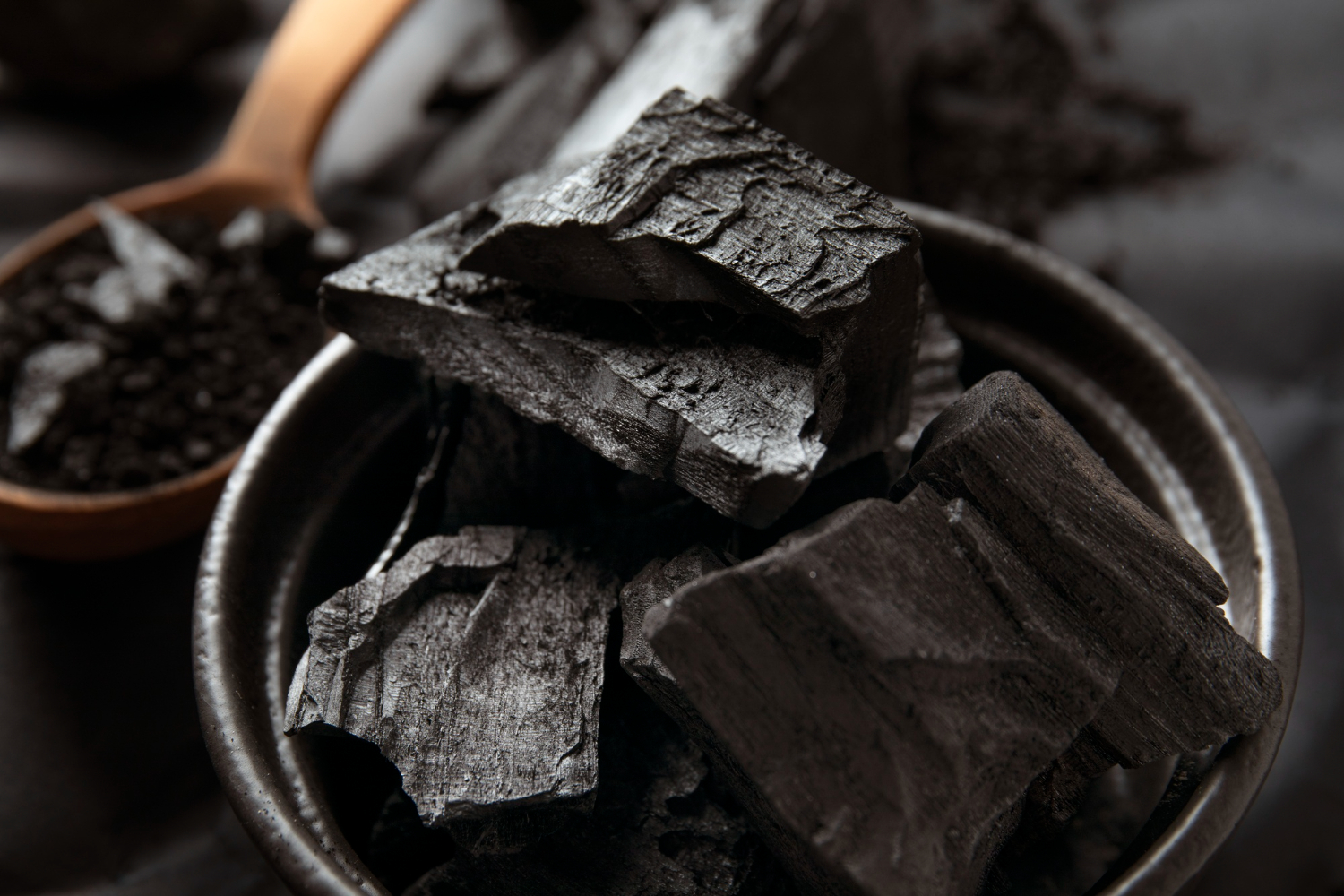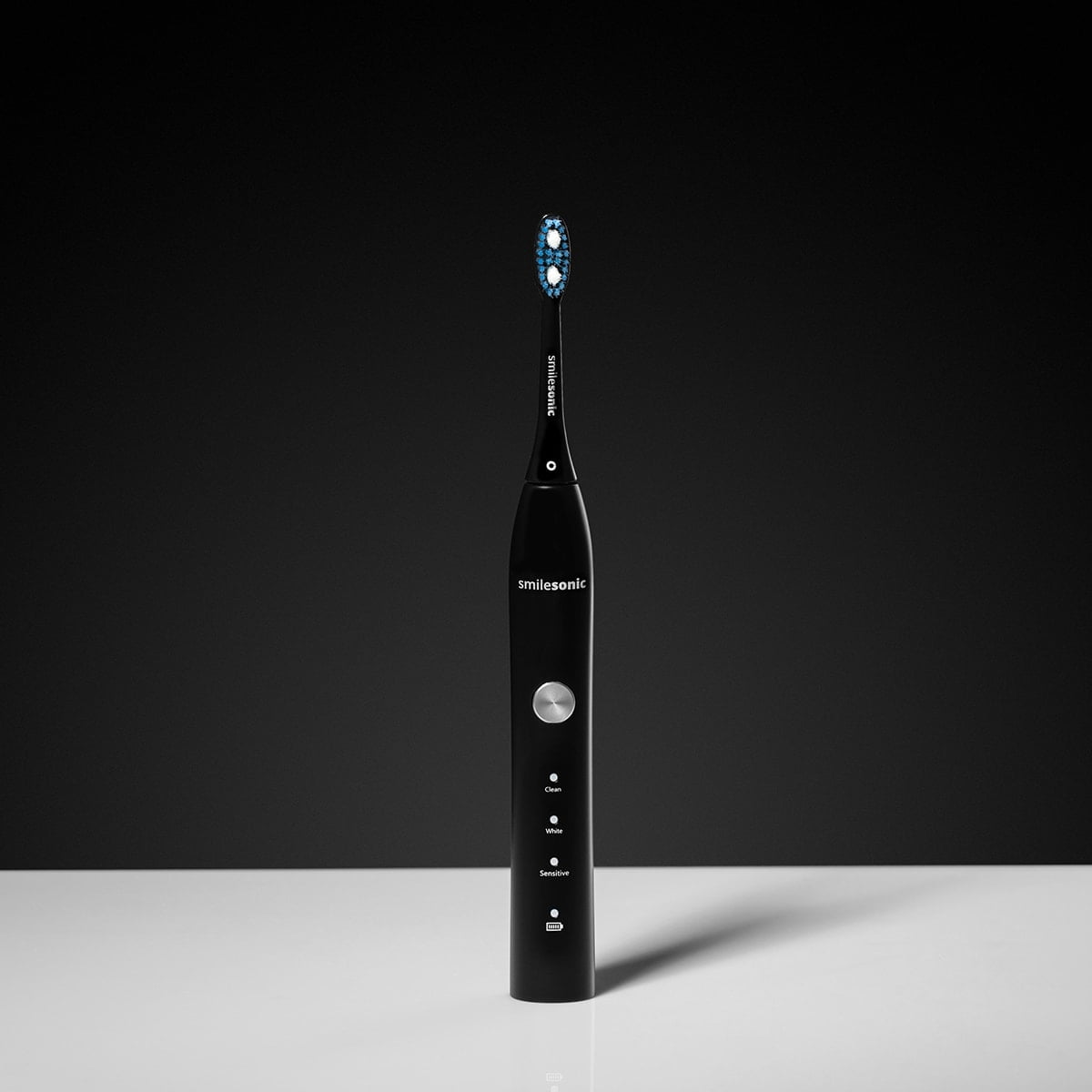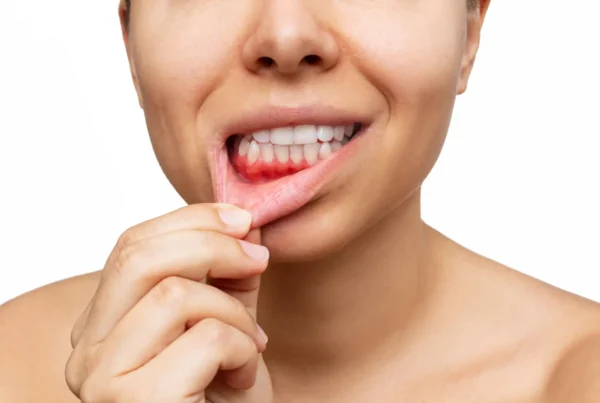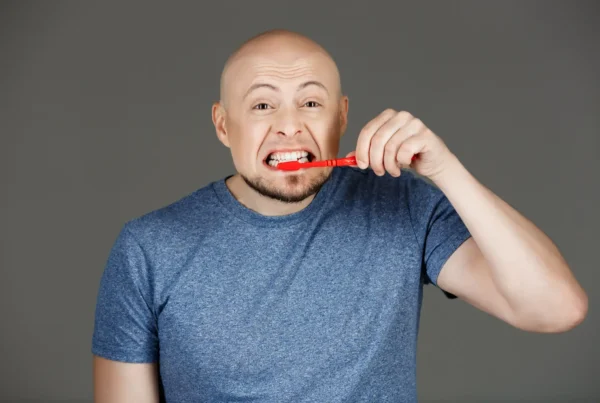Is black toothpaste with activated charcoal safe?

In recent years, oral care products containing activated charcoal have gained significant popularity. Among them, black whitening toothpastes have become particularly trendy, often promoted as natural solutions for teeth whitening and stain removal. However, the increasing popularity of these products raises important questions regarding their safety and long-term effects. Is black toothpaste with activated charcoal truly safe for daily brushing? Or are the claims about its benefits overhyped? In this article, we examine both the potential advantages and risks associated with charcoal toothpaste use.
What is activated charcoal and how does it affect tooth stains?
Activated charcoal is a form of carbon processed to increase its porosity and surface area, giving it strong adsorptive properties. It binds to various chemical compounds, making it useful in medicine for toxin removal and in filtration systems for water purification.
In dental applications, activated charcoal is intended to adsorb surface stains and impurities from the enamel, theoretically leading to a brighter smile. It is the primary ingredient in many black toothpastes. But does it truly whiten teeth and restore their natural shade? And can long-term use affect enamel integrity?
Potential benefits of using black toothpaste with activated charcoal
- Natural whitening. Proponents claim that charcoal effectively removes surface stains from coffee, tea, wine, and tobacco. Its adsorptive properties allow it to bind and lift stain-causing particles from enamel.
- Oral detoxification. Charcoal is known for its ability to bind toxins and impurities, which may help cleanse the mouth and support gum and mucosal health. When combined with fluoride, it may also help reduce bacterial buildup.
- Fresher breath. Activated charcoal may neutralize unpleasant odors in the mouth, contributing to longer-lasting fresh breath.
- Chemical-free formulations. Many charcoal toothpastes market themselves as natural alternatives, free from artificial dyes, harsh chemicals, and preservatives—appealing to those seeking a more holistic oral care regimen.
Potential risks and drawbacks of charcoal toothpaste
- Abrasiveness. One major concern is the high abrasiveness of charcoal particles, which may erode tooth enamel over time. This increases the risk of tooth sensitivity and enamel weakening. Abrasiveness is measured by the Relative Dentin Abrasivity (RDA) index. Users with sensitive teeth or thin enamel should choose low-abrasion formulas and use such products sparingly.
- Lack of fluoride. Many charcoal toothpastes are fluoride-free, reducing their ability to protect against cavities. Fluoride is essential for remineralizing enamel and inhibiting acid-producing bacteria. Without it, caries risk may increase unless an alternative antibacterial agent is present.
- Limited scientific evidence. Although anecdotal claims of effectiveness abound, long-term clinical studies on charcoal toothpaste remain scarce. Scientific evidence supporting its safety and efficacy for whitening and cavity prevention is still lacking.
- Residue and staining. Due to its dark color, charcoal may accumulate in interdental spaces or around fillings, leading to cosmetic discoloration that may require professional cleaning.
Read more: Baking soda toothpaste
Recommendations for safe use of charcoal toothpaste
Use sparingly
Due to its abrasive nature, charcoal toothpaste should not be used daily. Instead, it may be used a few times per week in combination with a fluoride-containing toothpaste.
Consult your dentist
Those with sensitive teeth, enamel erosion, or existing dental issues should consult a dental professional before incorporating charcoal products into their oral care routine.
Look for fluoridated versions
If choosing a charcoal toothpaste, opt for one that contains fluoride to ensure adequate protection against decay. Using a standard fluoride toothpaste in parallel is also recommended.
Conclusion – is black whitening toothpaste a natural way to remove stains?
Charcoal toothpaste may offer some cosmetic benefits, such as mild surface stain removal and breath freshening. However, its use comes with potential risks, especially related to enamel erosion and insufficient caries protection.
Products with a moderate RDA can be used safely as part of a balanced oral hygiene routine, particularly by users with healthy teeth and no sensitivity. Reputable charcoal toothpaste brands include Biała Perła, Blanx, Smilesonic, and Seysso.
Ultimately, the best approach to maintaining a healthy smile includes a balanced diet, regular dental check-ups, and daily oral hygiene using clinically proven dental products.





